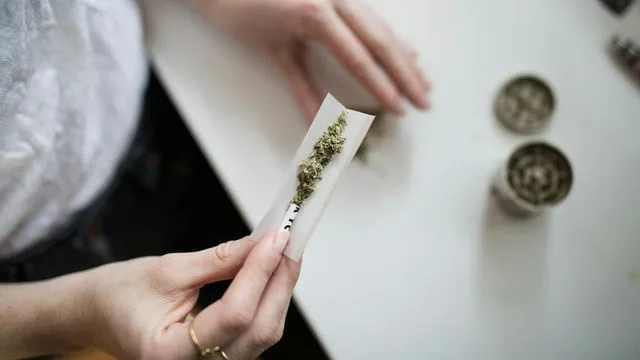Cannabis Self-Medication, Childhood Trauma, and Paranoia: New Research Insights
Recent studies are shedding light on the intricate relationship between self-medicating with cannabis, the presence of childhood trauma, and an elevated risk of experiencing paranoia. Understanding these connections is crucial for promoting mental well-being and tailoring effective support strategies.
The Link Between Cannabis Use and Paranoia
Research indicates a potential correlation between cannabis use and the development of paranoid thoughts, particularly in individuals who use cannabis as a form of self-medication. It’s important to note that this link is complex and influenced by various factors.
Understanding the Nuances
- Dosage and Frequency: The amount and frequency of cannabis use can significantly impact the likelihood of experiencing paranoia.
- Individual Vulnerability: Pre-existing mental health conditions and genetic predispositions may increase susceptibility.
- THC Levels: Higher levels of THC, the psychoactive compound in cannabis, have been associated with heightened anxiety and paranoia in some individuals.
The Role of Childhood Trauma
Childhood trauma can have lasting effects on mental health, potentially increasing vulnerability to both substance use and paranoia. When individuals with a history of trauma turn to cannabis for relief, it can create a complex cycle.
How Trauma Impacts Mental Health
- Increased Anxiety and Stress: Trauma can lead to chronic anxiety and heightened stress responses.
- Difficulty Regulating Emotions: Survivors of childhood trauma may struggle to manage their emotions effectively.
- Altered Brain Chemistry: Trauma can alter brain development, affecting emotional regulation and stress response systems.
Navigating the Intersection
The intersection of cannabis use, childhood trauma, and paranoia highlights the need for comprehensive and compassionate care. Individuals experiencing this combination of challenges may benefit from:
- Therapy: Trauma-informed therapy can help individuals process past experiences and develop coping mechanisms.
- Mental Health Support: Addressing underlying mental health conditions is essential for reducing reliance on self-medication.
- Harm Reduction Strategies: If cannabis use continues, harm reduction strategies can minimize potential negative effects.
Final Overview
The connection between cannabis self-medication, childhood trauma, and paranoia underscores the intricate nature of mental health. By understanding these relationships, we can work towards providing more effective and compassionate support for those in need. Further research and destigmatization of mental health challenges are vital steps in fostering well-being and resilience within communities.




+ There are no comments
Add yours